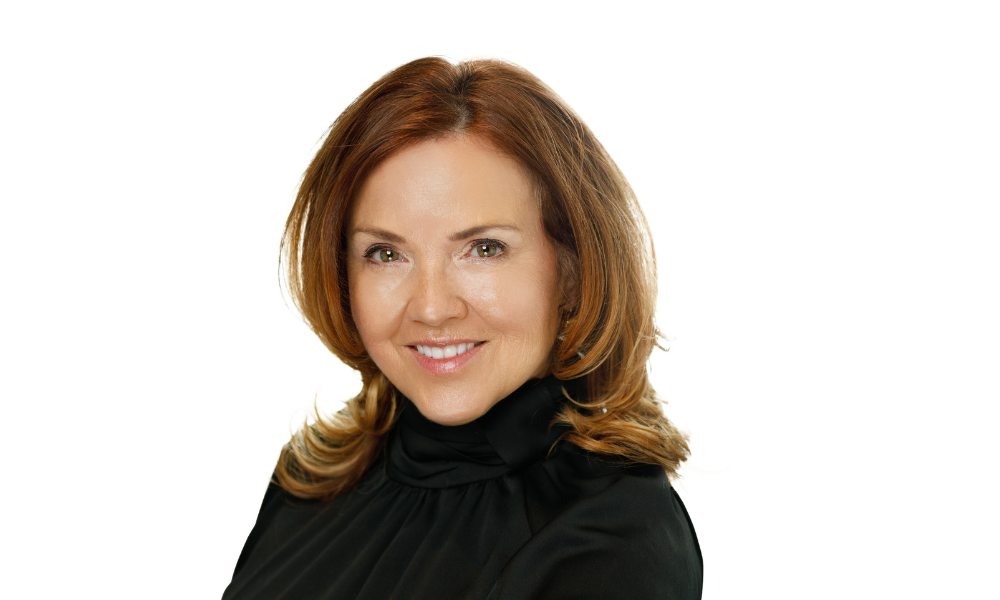Taking an educational approach can help when clients face new realities of retirement & decumulation

Laurel Marie Hickey emphasizes education. The Wealth Advisor & Portfolio Manager at iii Global Wealth of National Bank Financial in Calgary publishes regular newsletters and videos on her YouTube channel asking “What’s ___ got to do with it?™” She’ll fill in each blank on a new video, covering topics like sudden retirement, financial stress, the FHSA, or the 60/40 portfolio. That educational effort is a big part of how she grows her business and improves outcomes for her clients.
That effort to educate is continual, because Hickey knows that financial education is a continuous process. Where a young client might be wanting to learn about TFSAs and savings strategies, older clients and retirees require a degree of education as well. That education, however, is less on the fundamentals of saving and investing. Hickey educates those older clients on the fundamentals of decumulation, the technical mechanics and mindset shifts required to go from saving mode to spending mode.
“A lot of people understand what you have to put in, but they don’t understand the impact of everything coming out,” Hickey says. “When clients have saved their whole life, and now no longer have any earned income, they feel it’s very difficult to spend money. They might put themselves on an even stricter budget even though the numbers show them that they don’t have to. There’s a real mental adjustment to switch from earning to spending.”
As she guides clients through that mental transition, Hickey tries to explain the implications of any spending in the context of a robust financial plan. She works to avoid assuming anything about her clients’ knowledge. No question, no matter how basic, is greeted with anything but a thoughtful and comprehensive answer. When clients come with questions, especially older clients, there is an element of vulnerability in that exchange. It’s on advisors to ensure they get the answers they need without feeling like there was some major gap in their knowledge.
Hickey is proud to say she thinks each of her clients leave her meetings having learned something. Their questions, she notes, are often informed by their individual newsfeeds, from social media, their preferred TV channels, or their email inboxes. She tries to unpack their feeds, understand why they’re asking what they’re asking, and give them answers that reflect their individual situation.
Coaching retirees to shift their mindset from saving to spending involves a wide discussion about the tax liabilities implications of individual decisions. Hickey talks through the tax implications that come with CPP and OAS benefits, and how if money is held in RRIFs for too long that can result in significant tax bills or clawbacks. As much as it seems counterintuitive to a client trained to save, she will make the case for switching some registered accounts into RRIFs earlier to begin decumulation at a more tax-efficient rate. She can use the client’s financial plan to lay out her case clearly and convincingly.
That plan is a living breathing document, something that Hickey regularly discusses with her clients. Those discussions and check-ins can inform budgeting plans and allow questions like ‘can I afford this new car’ or ‘can I renovate my kitchen.’ Hickey can then show why they can afford to spend, making a clear case for the mindset shift those clients will need to make in retirement.
A well advised client, someone who has been with an advisor for years, should have a strong understanding of retirement fundamentals by the time they retire. An advisor like Hickey, committed to education, will achieve that outcome. When retirement approaches, however, Hickey believes advisors need to educate their clients once again, on the tax, investment, and emotional impact of spending in retirement.
“Everyone has done the very best job they possibly can within their means to get to that retirement point,” Hickey says. “Good job, you’ve arrived, now it’s the next phase. It’s the unknown of what aging is like, what your health will be like, how will your wellness dollars be spent. There’s so many things we don’t know so it takes a lot more communication and it means laying out those numbers to shift from accumulation to spending.”



